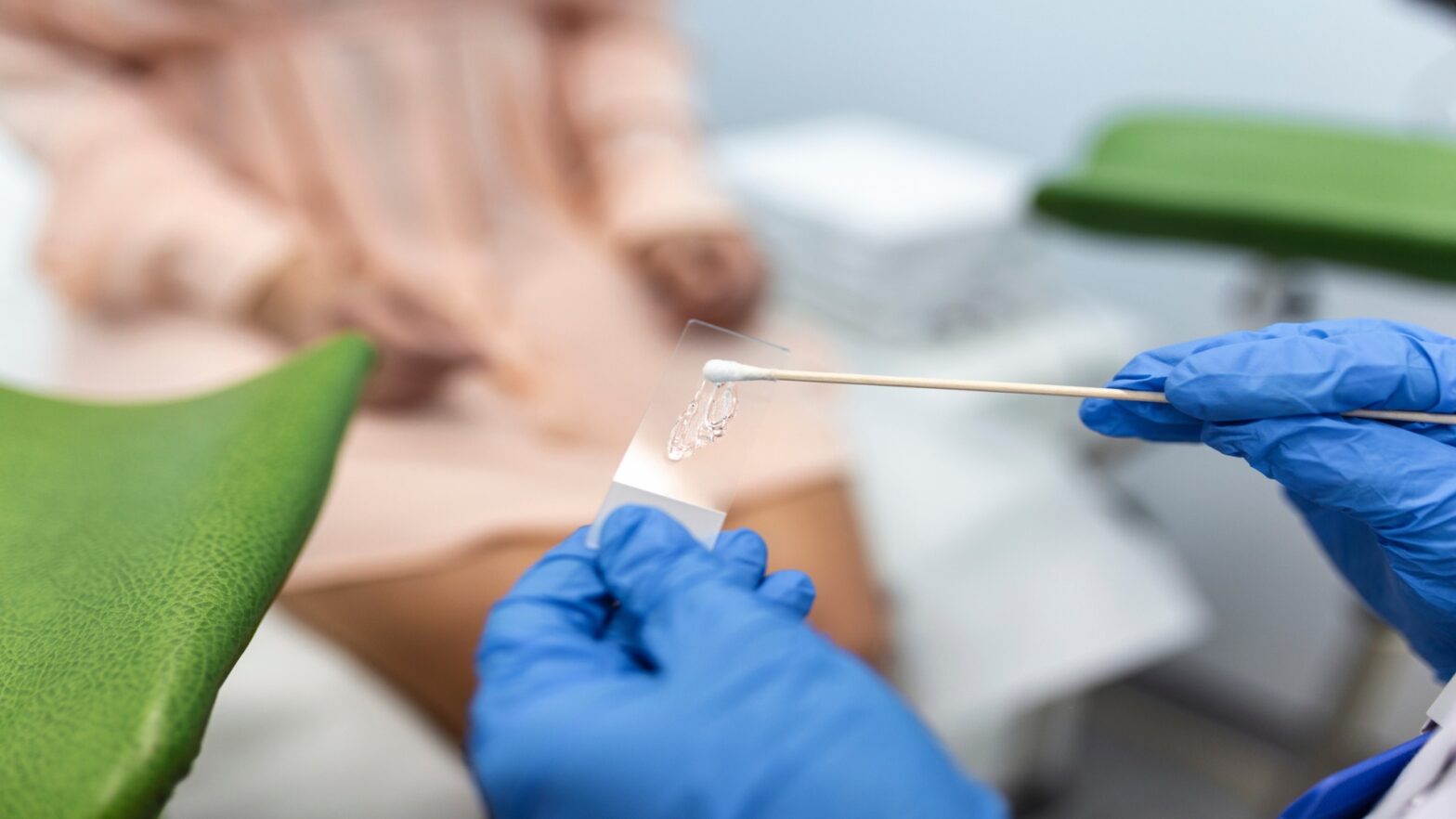Alcohol is a common part of many people’s lives. As parents we may sit and have a glass of wine after a hard day at work or enjoy a Sunday afternoon in the pub, with the kids running around a beer garden. It can be highly enjoyable and a great way to socialise.
However, we are of course exposing children to alcohol from an early age in such cases, normalising it, which could prove problematic if they aren’t made aware of what alcohol is and the dangers of it.
We all know as adults alcohol in moderation is not problematic. It’s a part of many people’s lives and causes very few problems. We also know that there are serious dangers, with the likes of addiction requiring extensive alcohol rehab to get back on the right pathway.
Thankfully, we are seeing cases of underage drinking start to drop, with Gen Z among the lowest rate of drinkers. This is largely because they are more aware of the dangers of alcohol, a message that needs to be passed on to the next generation too.
Educating our children around alcohol is important, but like the talk it can also be a difficult one. So, to help you discuss alcohol with your children, here are five top tips…
Start Early and Be Proactive
Firstly, it’s important to start those conversations early, ideally before they do hit their teenage years. Starting discussions at an early stage encourages open communication and sets up a foundation for discussing alcohol in more detail further down the line. It’s important to use age-appropriate language and discuss alcohol in a way that they can understand. So, discuss how it can be harmful and reinforce this on regular occasions as they get older, adapting to suit their maturity levels.
Be Honest and Transparent
It’s important to be honest and open about alcohol. Avoid glamorising it, and discuss how it’s important to drink responsibly and legally, that means highlighting the legal implications of drinking underage, as well as the impact it has on the body and brain. What’s more, discuss addiction and the huge impact that can have on a person’s life.
Encourage Questions and Active Listening
You want to create an open dialogue around alcohol, and that means making it a two-way conversation. Make it a safe space for your child to ask questions and listen actively, without passing judgement and explain to why they may have certain misconceptions or what they need to think about in regards to alcohol.
Use Real-Life Scenarios and Role-Playing
What you might find is that relating discussions around alcohol to real life scenarios can be more impactful. It can help with them understanding the situation in greater detail. For example, if you’ve had issues with alcohol before, or friends or other family members have, it may be worth discussing those experiences.
Alternatively, using role playing and simulating situations and different ways in which a person could respond may also be an option, encouraging your child to navigate challenging situations more confidently.
Set Clear Expectations and Boundaries
Setting clear expectations and boundaries is also crucial when it comes to alcohol. Them understanding the dangers can be doubled down upon with the expectations you have yourself. Set boundaries, reinforce the point that they need to make responsible choices and set the ground rules for what happens if they don’t.
However, it’s also important to maintain that open communication and encourage your child to come to you if they do ever feel pressured or unsure about situations involving alcohol, to ensure they make the correct choices for them throughout their teens and into adulthood.

















